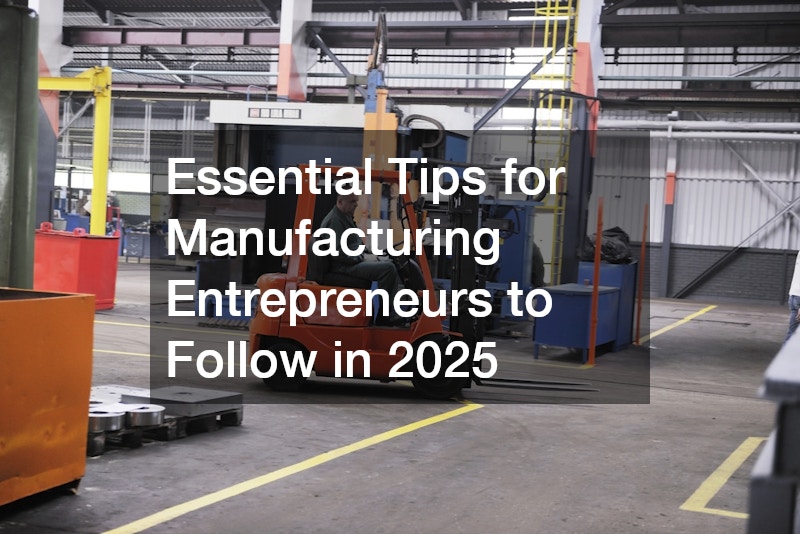Operating a successful manufacturing enterprise in 2025 requires a forward-thinking entrepreneur that leverages cutting-edge technology, prioritizes sustainability, and maintains agility in an ever-evolving market landscape. First, digital transformation must be at the core of your strategy, incorporating artificial intelligence, Internet of Things devices, and advanced robotics to streamline production and boost efficiency.
Second, focus on sustainability by investing in cleaner energy sources, implementing circular economy principles, and minimizing waste throughout the supply chain to meet both regulatory demands and consumer expectations.
Third, develop a skilled workforce by providing ongoing training and upskilling programs, ensuring employees stay ahead of emerging trends, such as advanced robotics and additive manufacturing.
Additionally, forming strategic partnerships with local suppliers can help mitigate potential disruptions and maintain greater control over your inventory and logistics in an increasingly volatile global environment. Furthermore, continuous innovation is crucial: allocate resources to research and development, embrace rapid prototyping, and remain flexible to pivot if market conditions or consumer preferences shift suddenly.

Leveraging data analytics is another critical factor, as real-time insights enable you to optimize production, identify bottlenecks, and anticipate demand fluctuations for improved planning. Finally, don’t underestimate the importance of a robust cybersecurity strategy; protecting intellectual property and maintaining system integrity are vital in an era of growing cyber threats.
By embracing these practices, manufacturing entrepreneurs can thrive in 2025 and beyond. Success hinges on staying adaptable, cultivating networks, and fostering a culture of innovation—ensuring your organization is well-positioned to capitalize on new opportunities in a dynamic global market.
